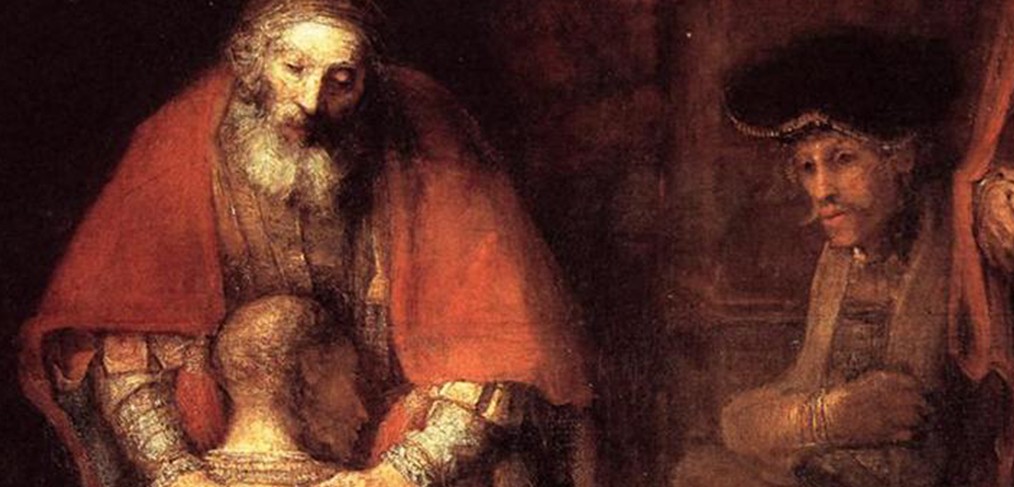
Matthew 19:23-25, CSB
23 Jesus said to his disciples, “Truly I tell you, it will be hard for a rich person to enter the kingdom of heaven. 24 Again I tell you, it is easier for a camel to go through the eye of a needle than for a rich person to enter the kingdom of God.”
25 When the disciples heard this, they were utterly astonished and asked, “Then who can be saved?”
Okay, it’s technically not a parable, at least in a classic theological sense, but it is an analogy of what’s true in the somewhat invisible Kingdom of God. It’s explaining something we can understand about the spiritual realm. Hopefully, and I’m not trying to get spooky on you, but it seems to communicate what is real, and solidly true about Jesus’ rule.
What precedes this passage is what we call “The Rich Young Ruler.” It’s a painful part of scripture; we see this young man, devout and upright, crash and burn. He simply can’t extract himself from his riches, and that’s scary. He’s wealthy, and when Jesus reaches out to him and calls him to follow, he cannot. He’s chained to his money, (Matthew 19:22).
How terrible this is, and what a warning to us.
Let’s get to Jesus’ observation about this mostly invisible Kingdom of God. He chooses the largest land animal—a camel (this is not the cigarette type) trying to squeeze the smallest imaginable hole (a needle hole). I don’t know for certain, but Jesus’ audience gets awfully quiet, and it says that his disciples are “astonished.”
“Then who can be saved?”
This question flips everything upside down. The text says that Jesus looked at them (interesting) and declares what is true—“With man this is impossible, but with God all things are possible.”
Okay. But what does this mean?
I believe that when wealth sticks to a man it makes it impossible for him to enter God’s Kingdom. It cannot be done, at least not without the Holy Spirit’s stripping process. Let’s not quibble about this, and let’s not sweep it under the proverbial rug. It is what it is.
It’ll take an act of God (maybe several acts of God?) to sever that golden rope. Wealthy is tricky—it affects the wealthy 1% as well as the penniless street-person. Money is such a snare that only a definite act of God can break it.
The Holy Spirit knows exactly how to do this.
An angel writes to the church in Laodicea and gives them no commendation at all; rather he scares them into repentance. In Revelation 3:17-18 he speaks:
“For you say, ‘I’m rich; I have become wealthy and need nothing,’ and you don’t realize that you are wretched, pitiful, poor, blind, and naked. 18 I advise you to buy from me gold refined in the fire so that you may be rich, white clothes so that you may be dressed and your shameful nakedness not be exposed, and ointment to spread on your eyes so that you may see.”
The Laodicean church is warned—point-blank to renounce and reject that false god wealth. The angel writes to them (and we have the text) and declares that they must take definite action. They must buy another kind of gold; they must dress in garments suitable for the Kingdom. They are bankrupt. They are stark naked.
Living in the Spirit, and walking in the Kingdom demand definite action on our part. To go back to Jesus’ comments—our camel must get really, really skinny. Wealth must shrink until its needle eye size, and I haven’t really figured out how to do that. I suppose I must take off my camel’s saddle and bridle, and whack him on the behind, and let him loose.
“Nothing is more fallacious than wealth. It is a hostile comrade, a domestic enemy.”



